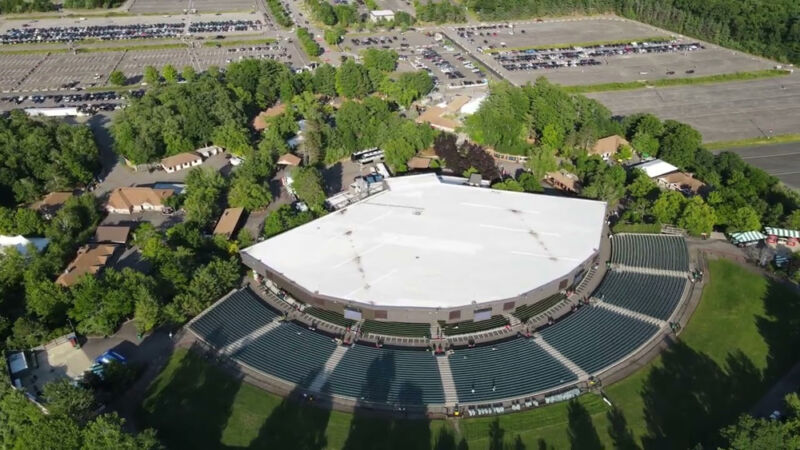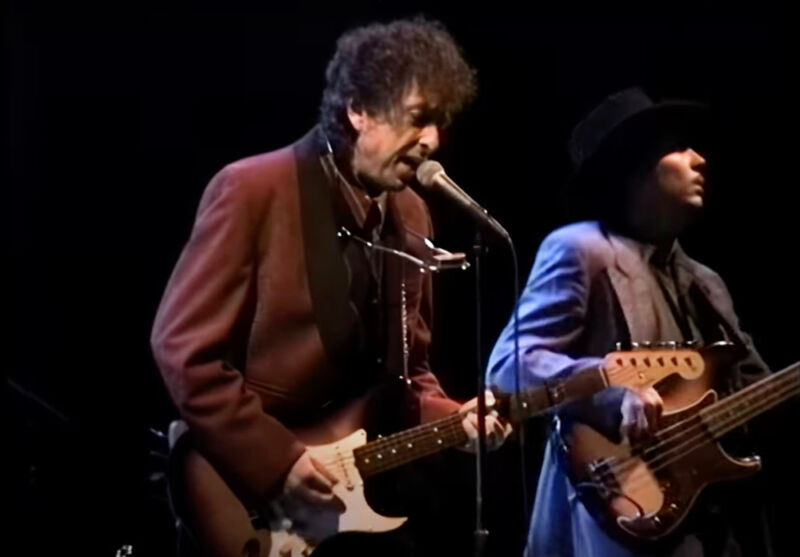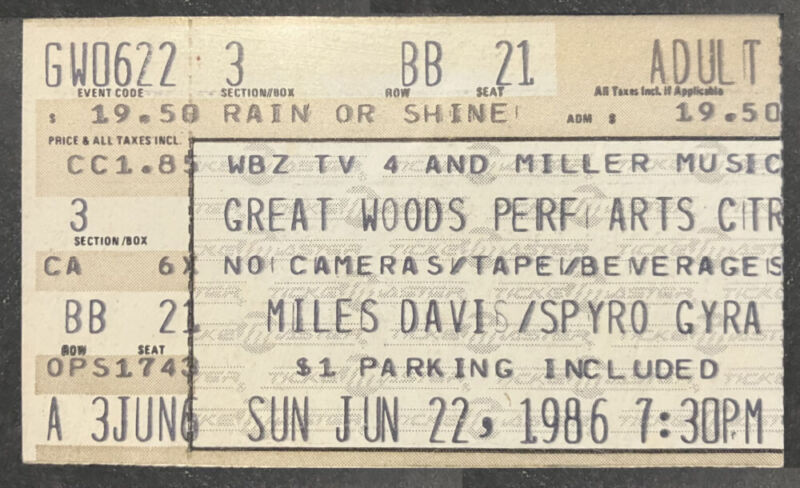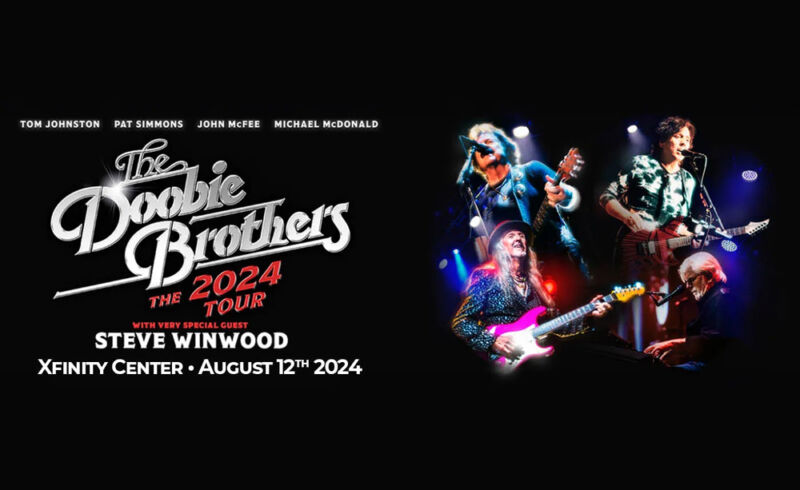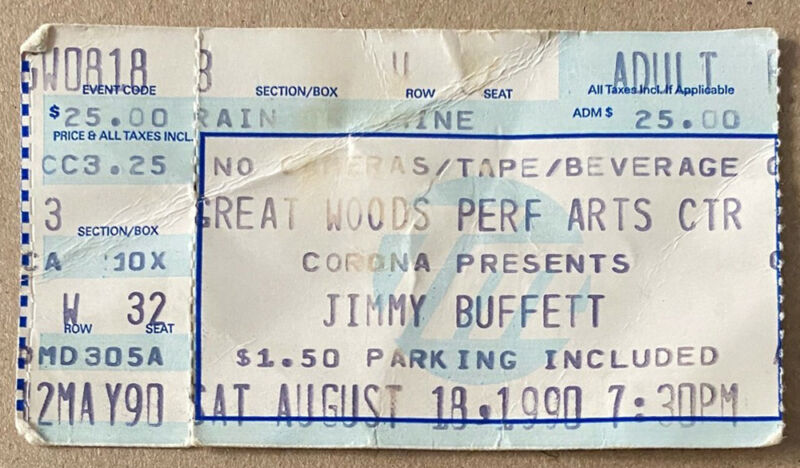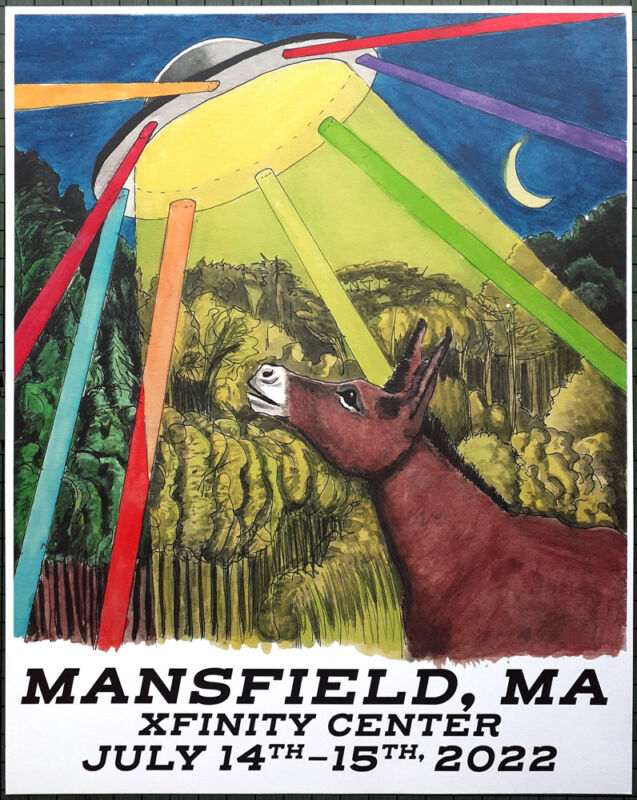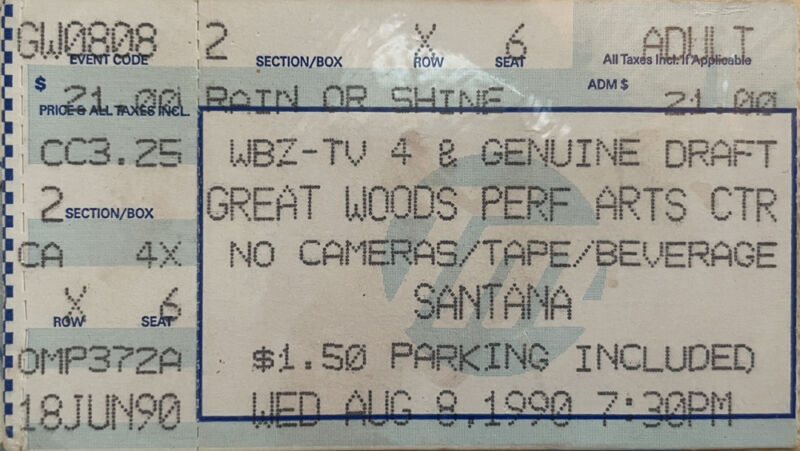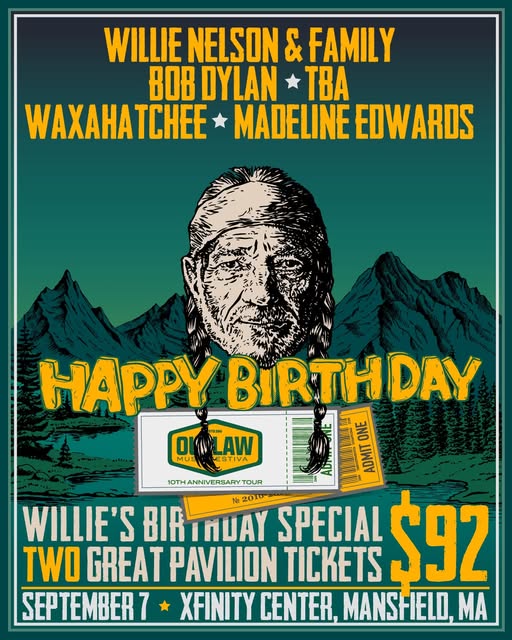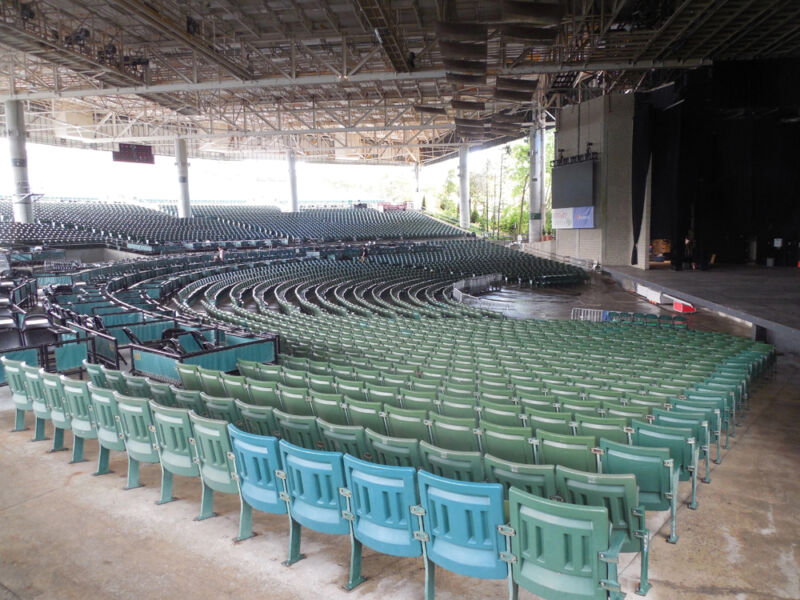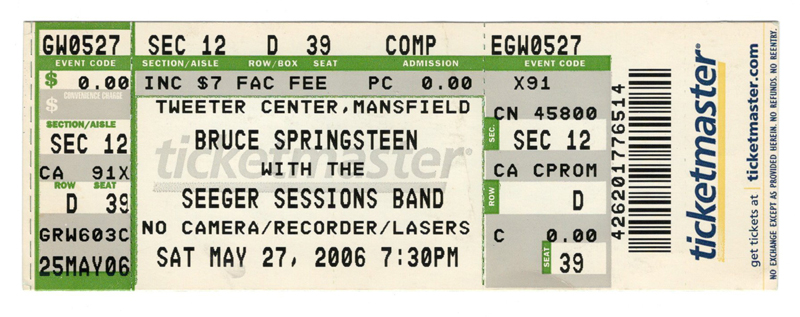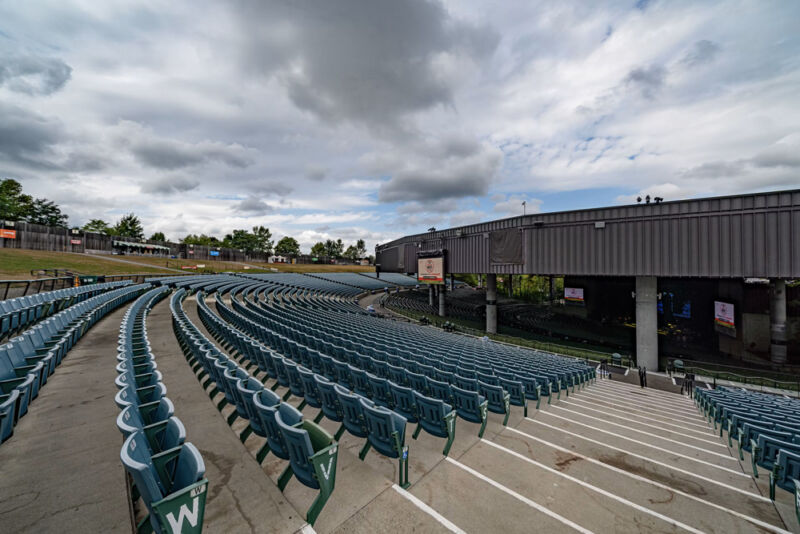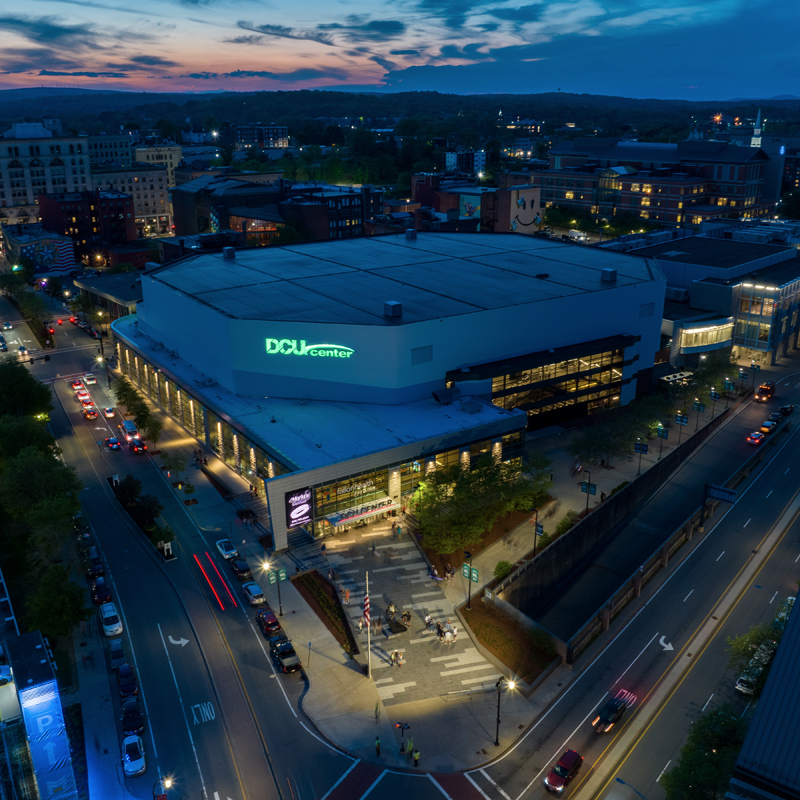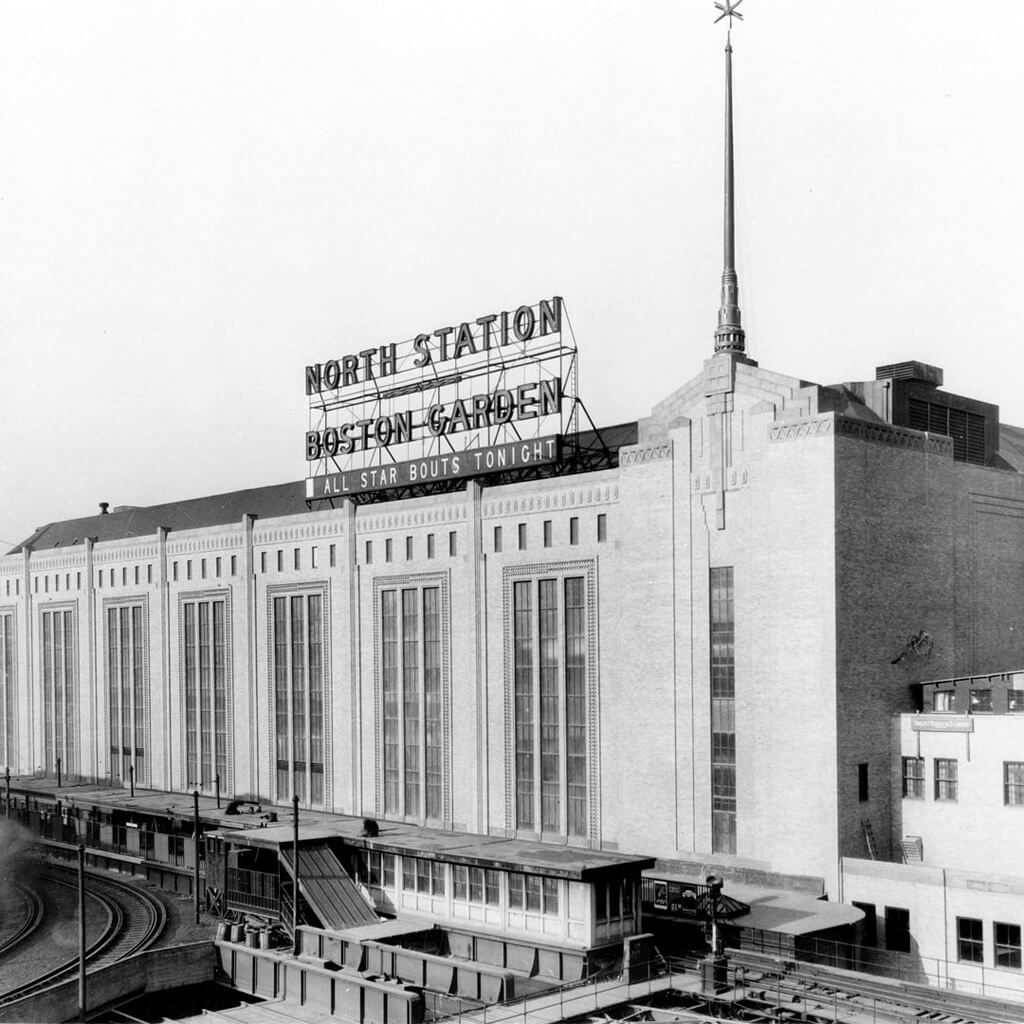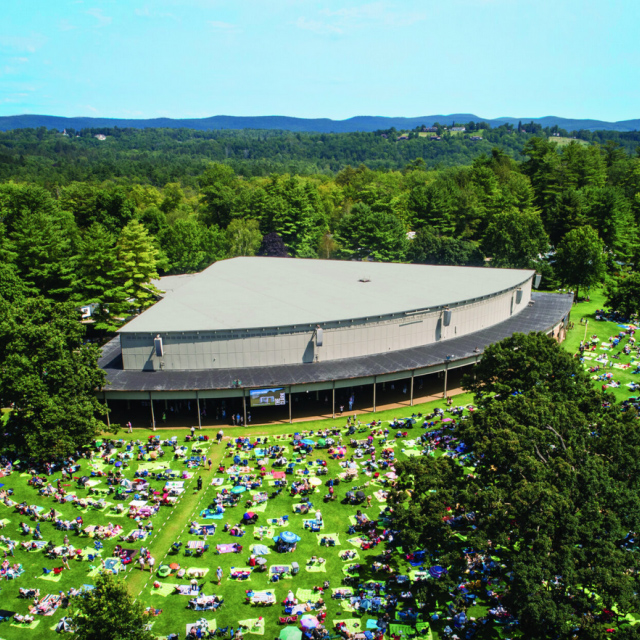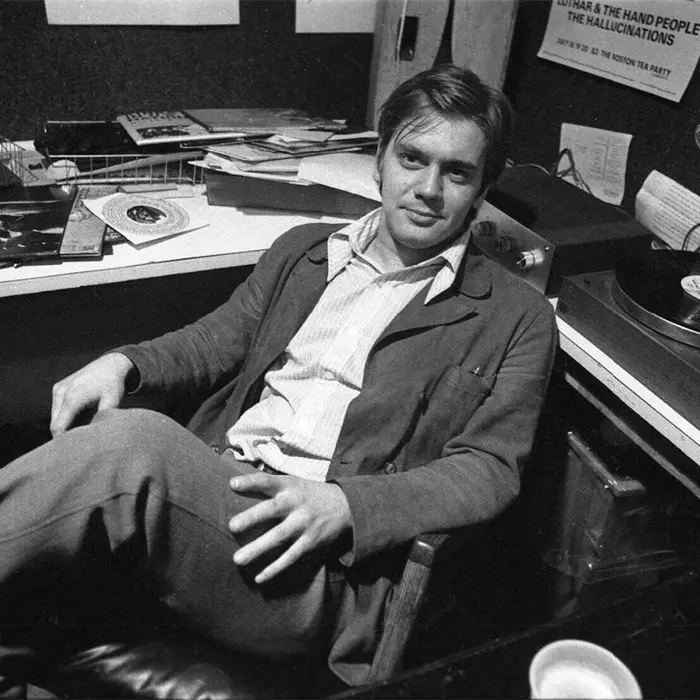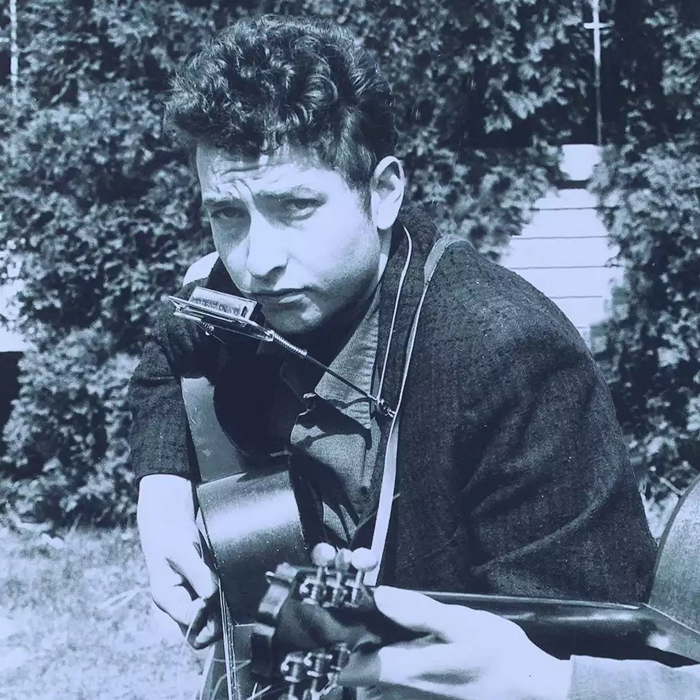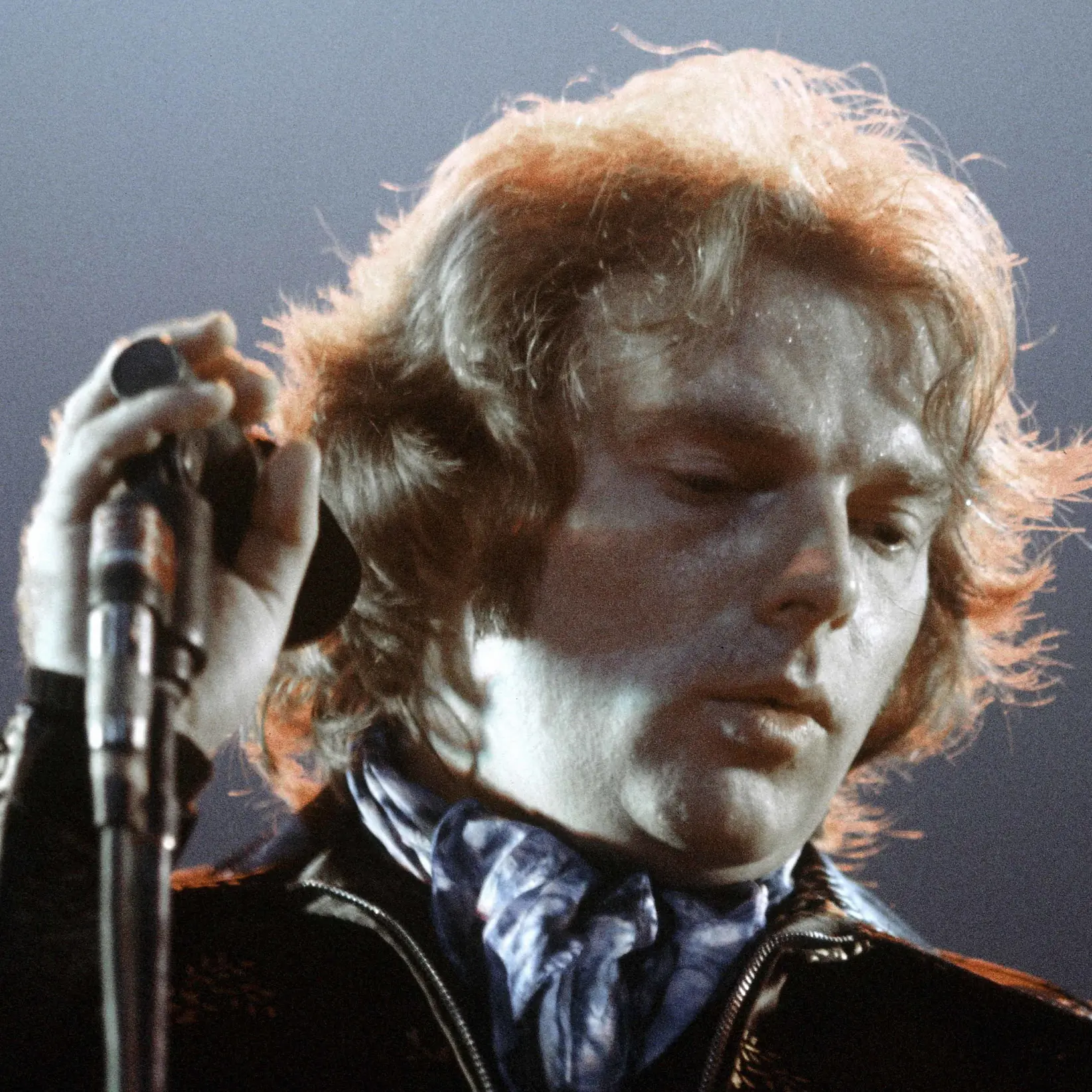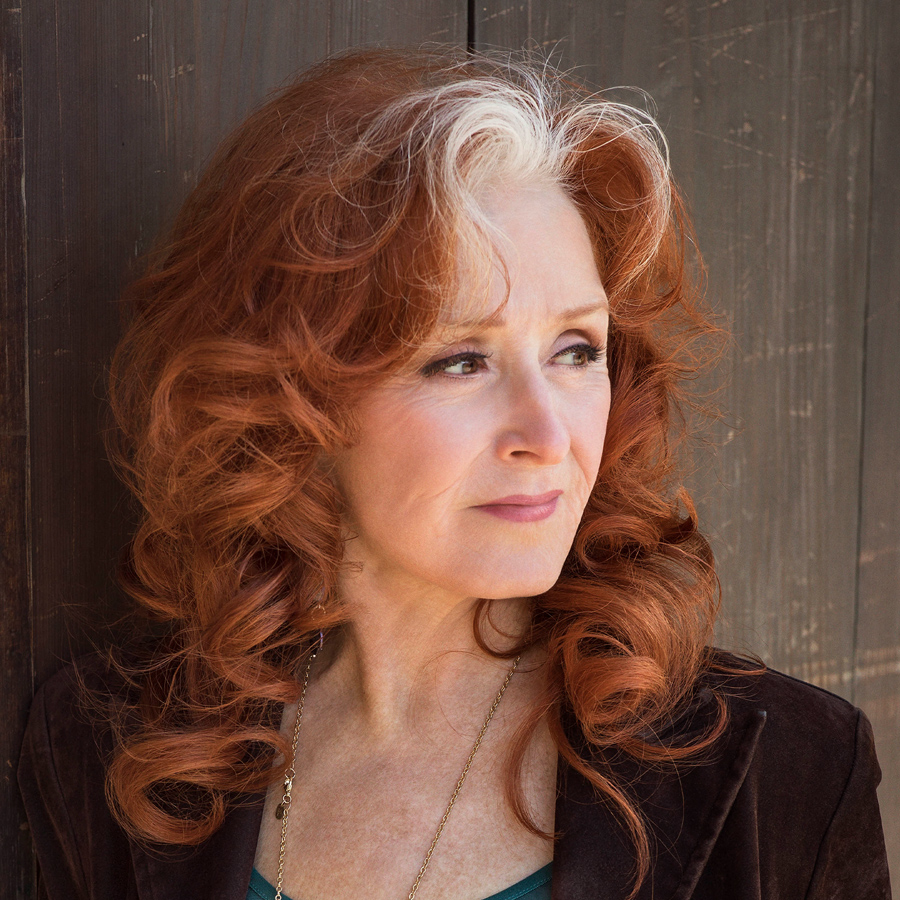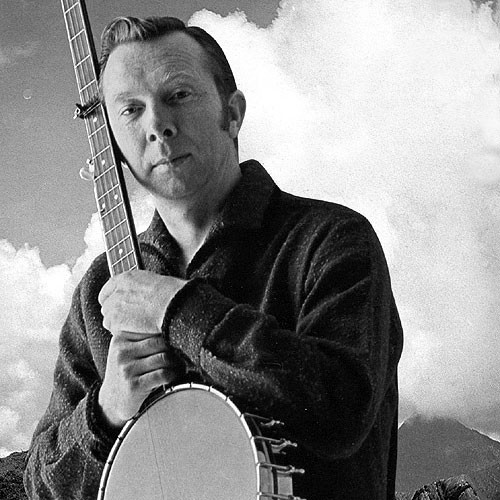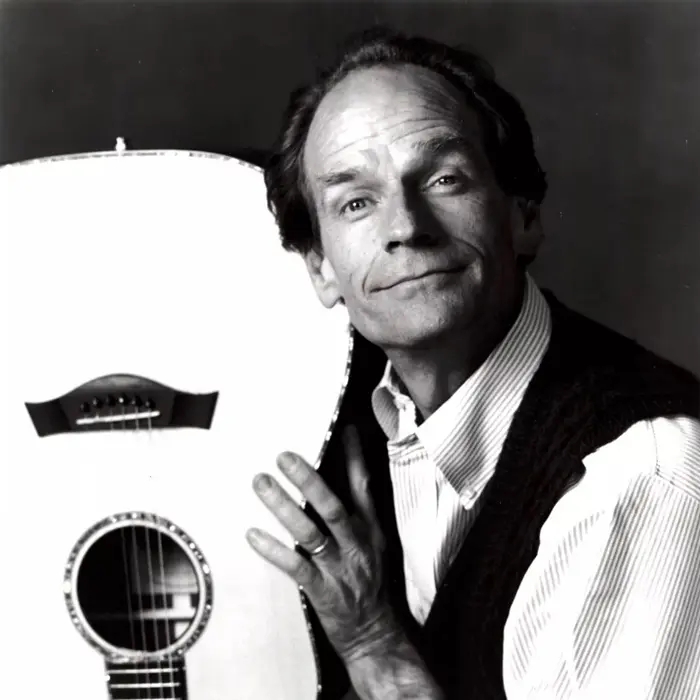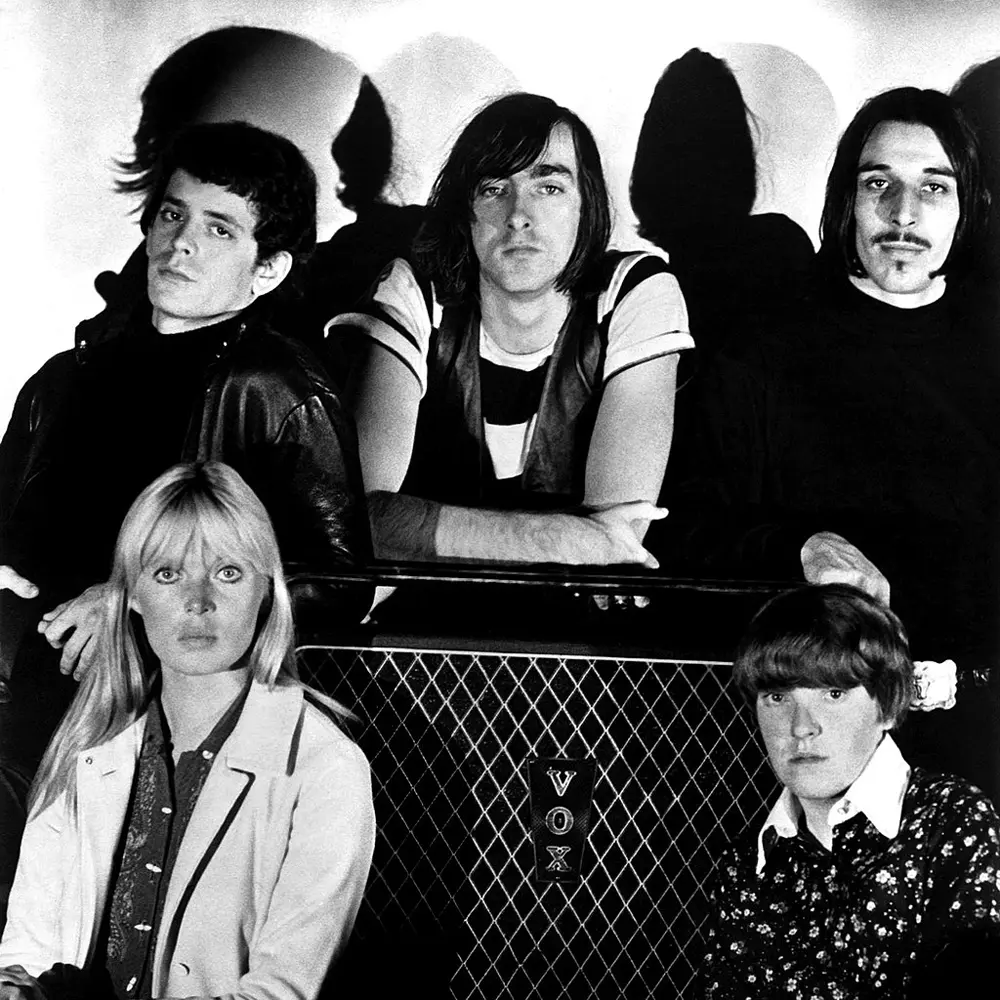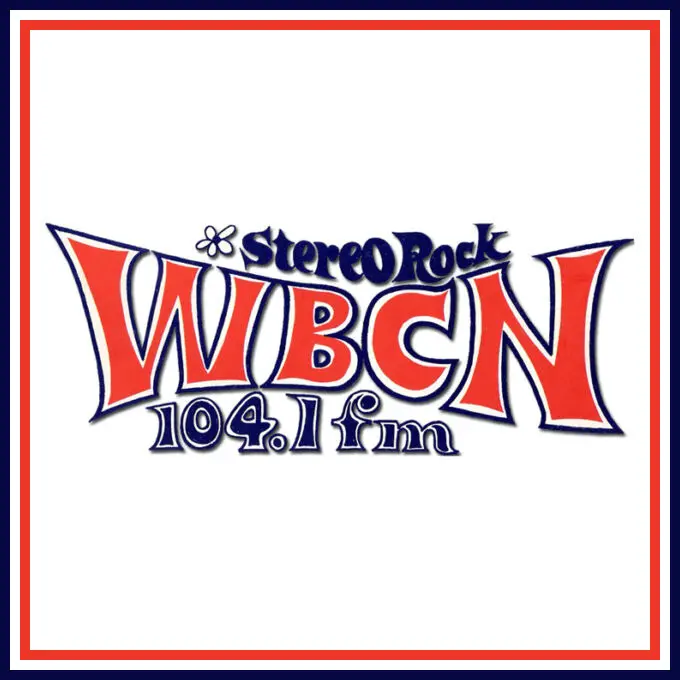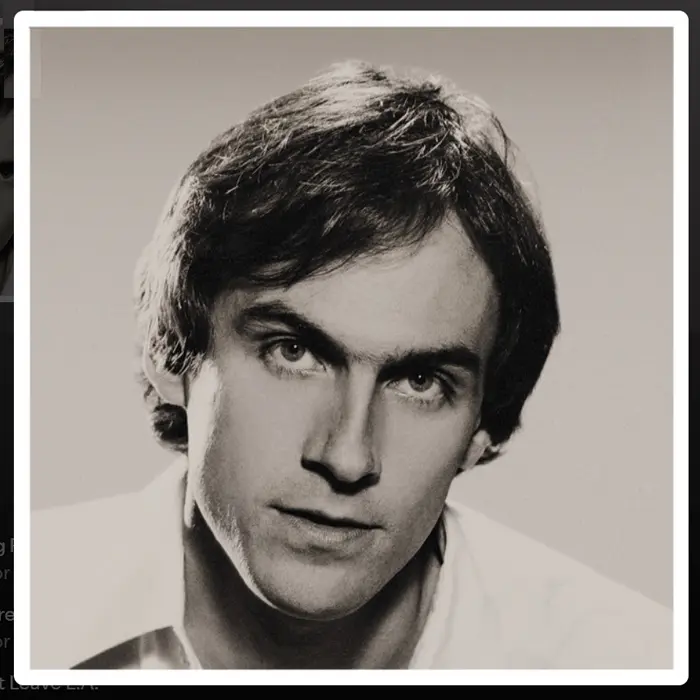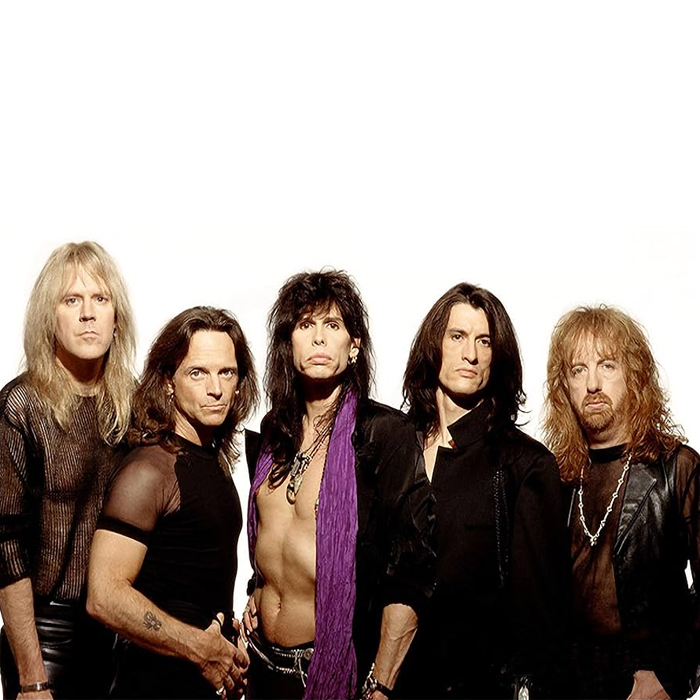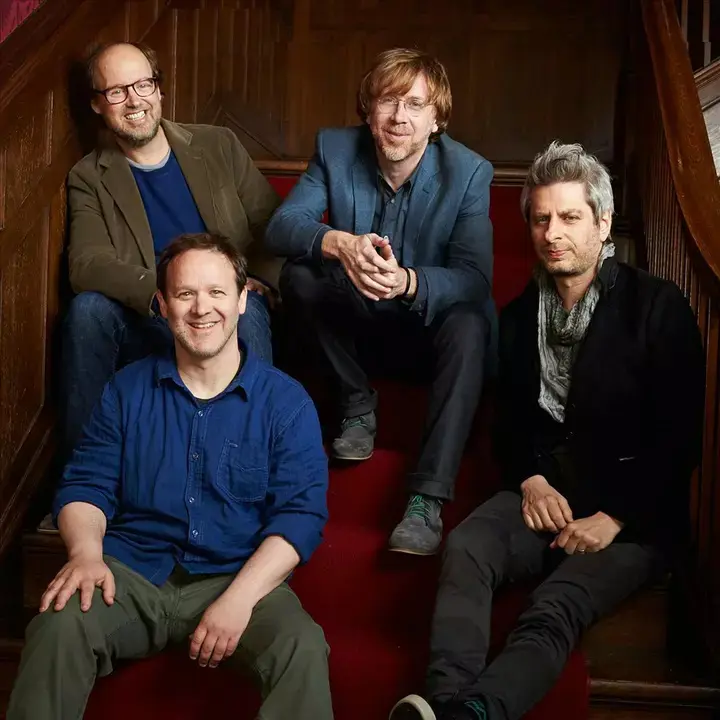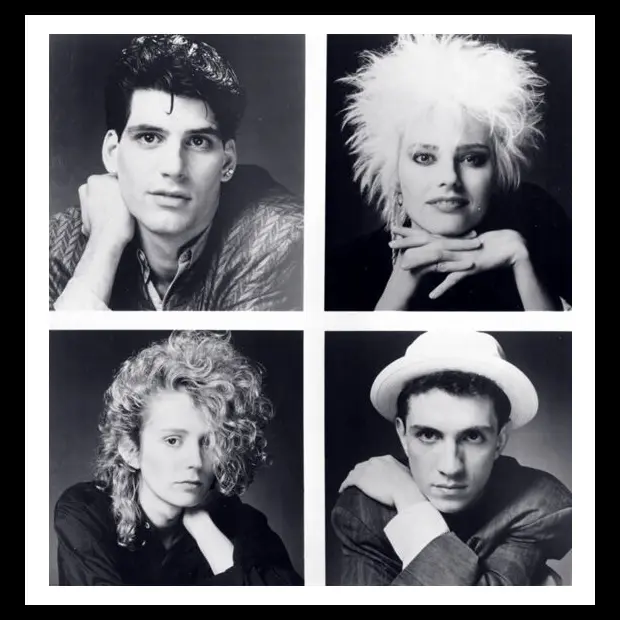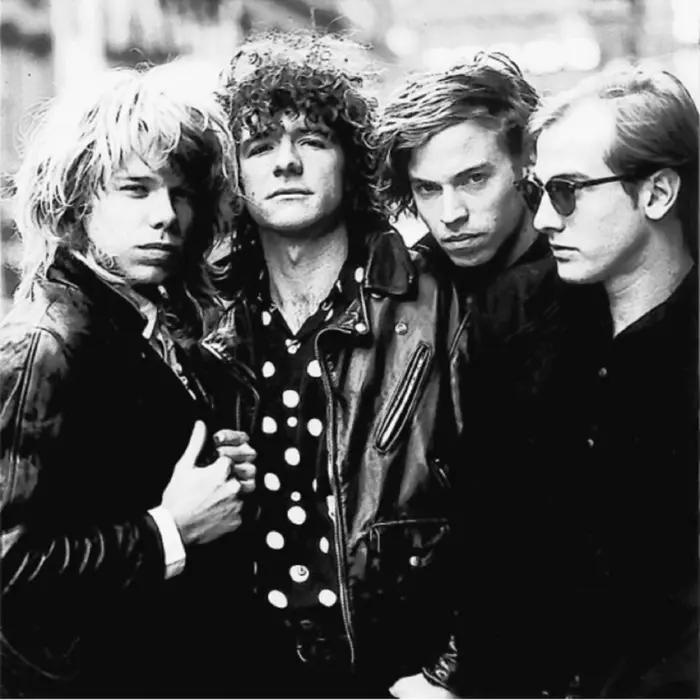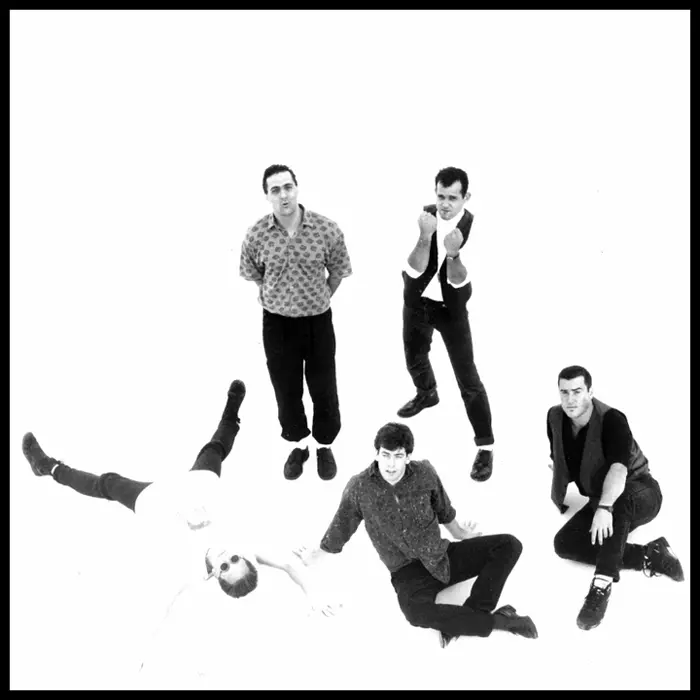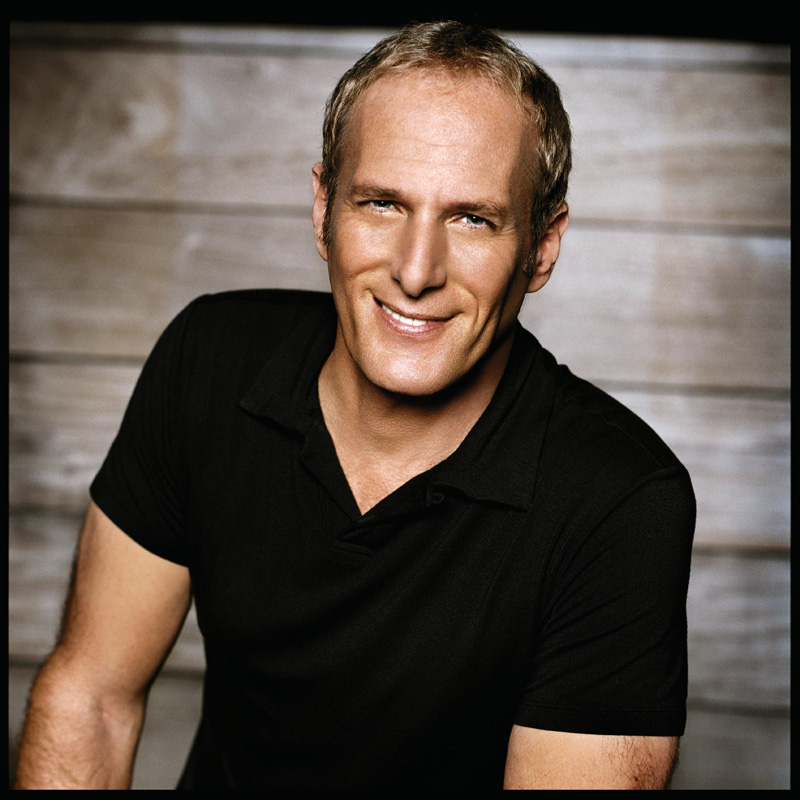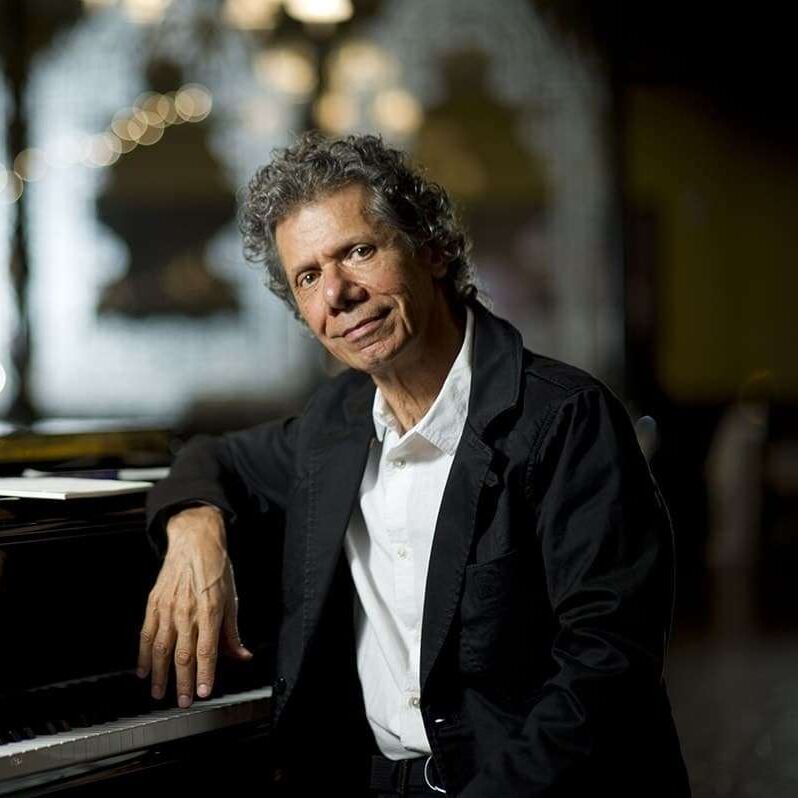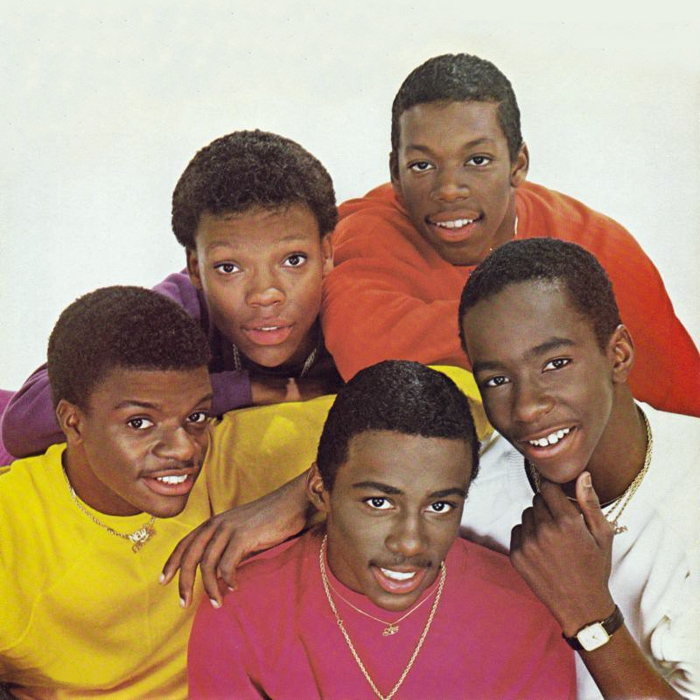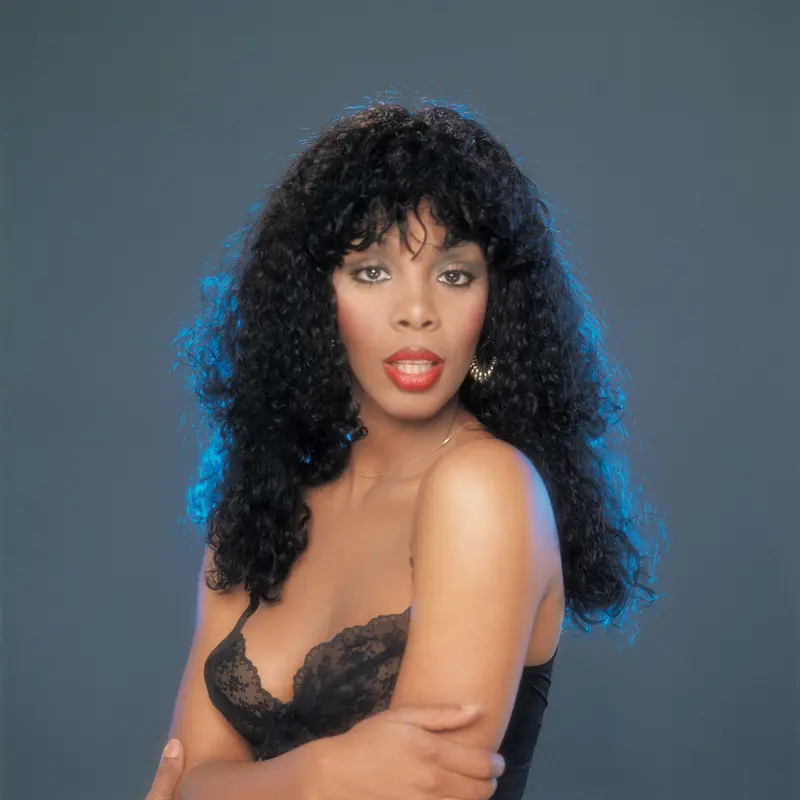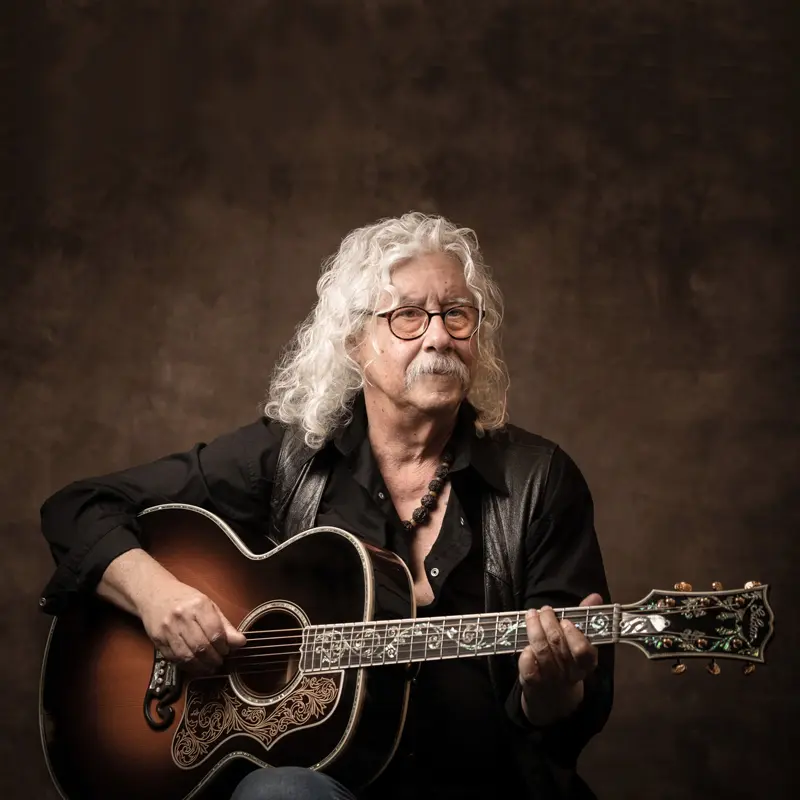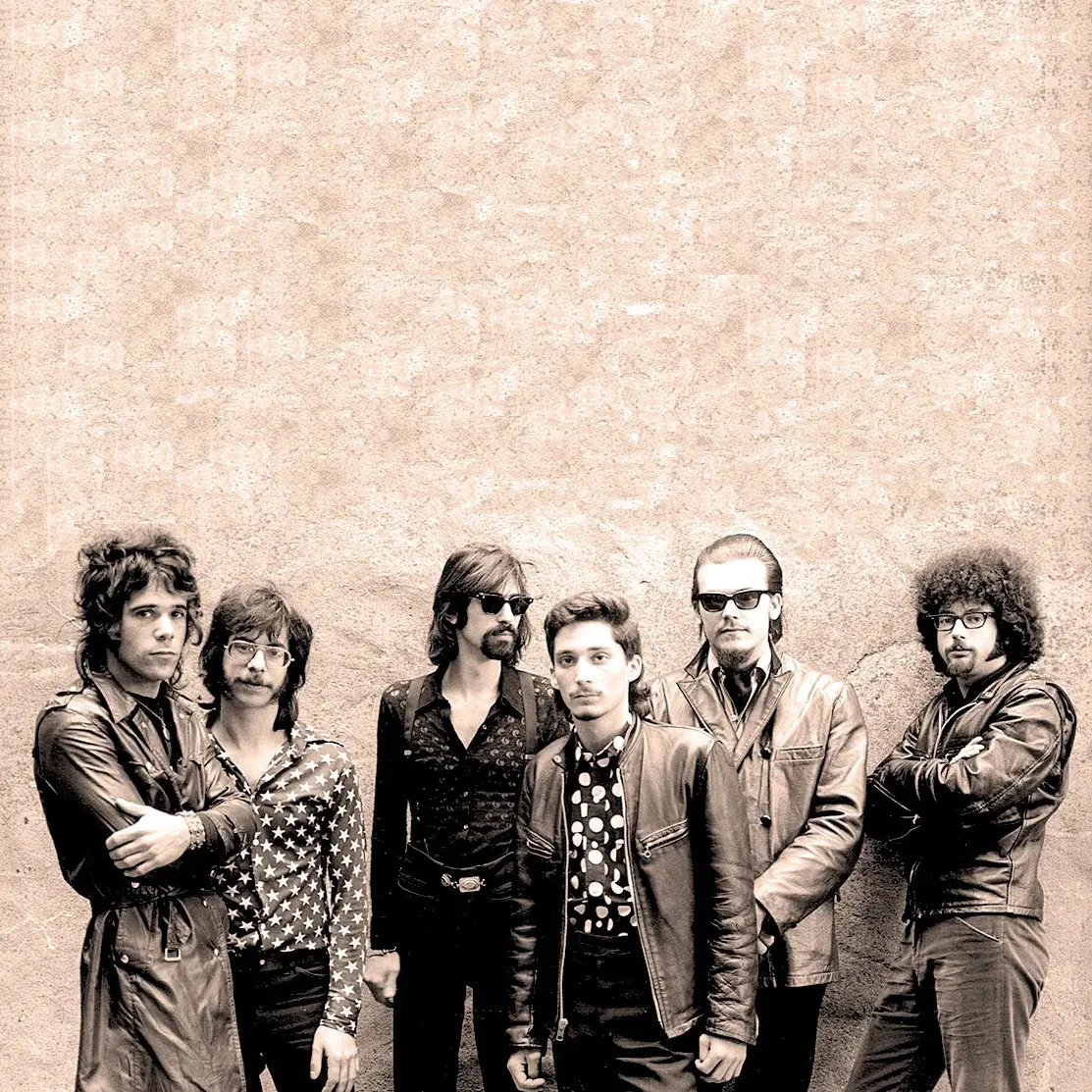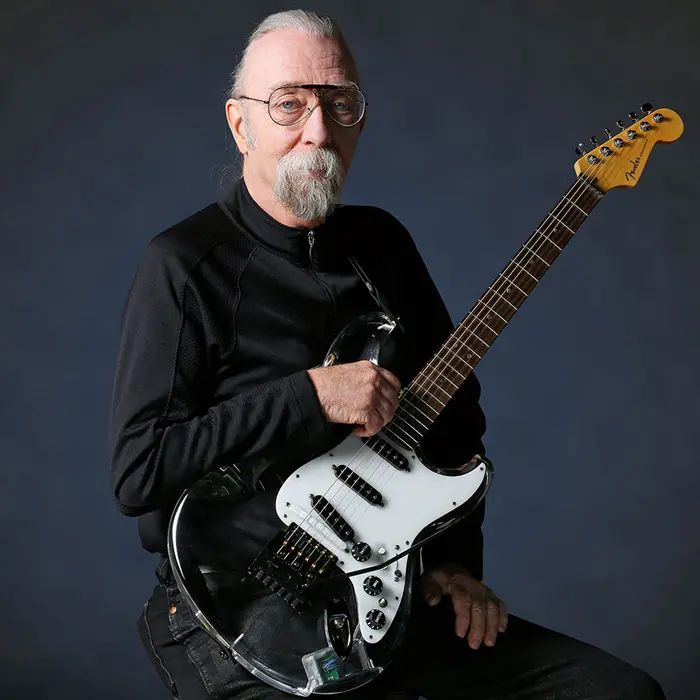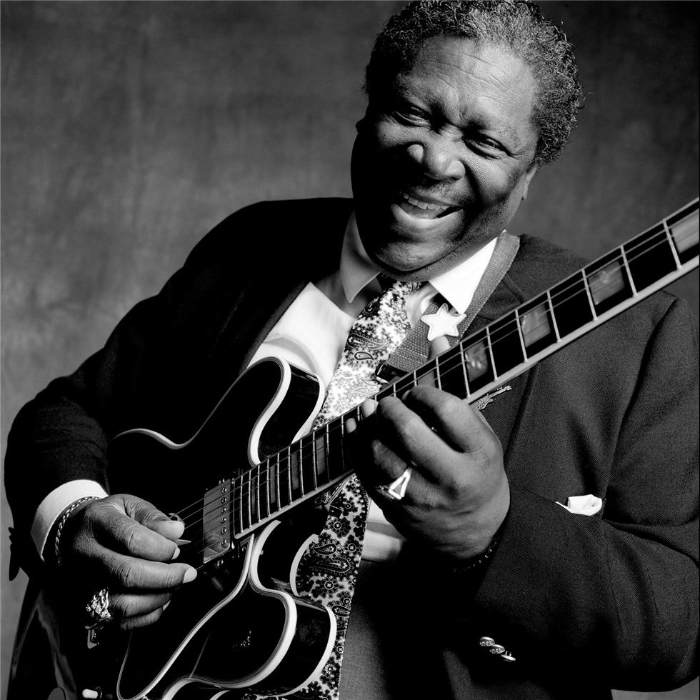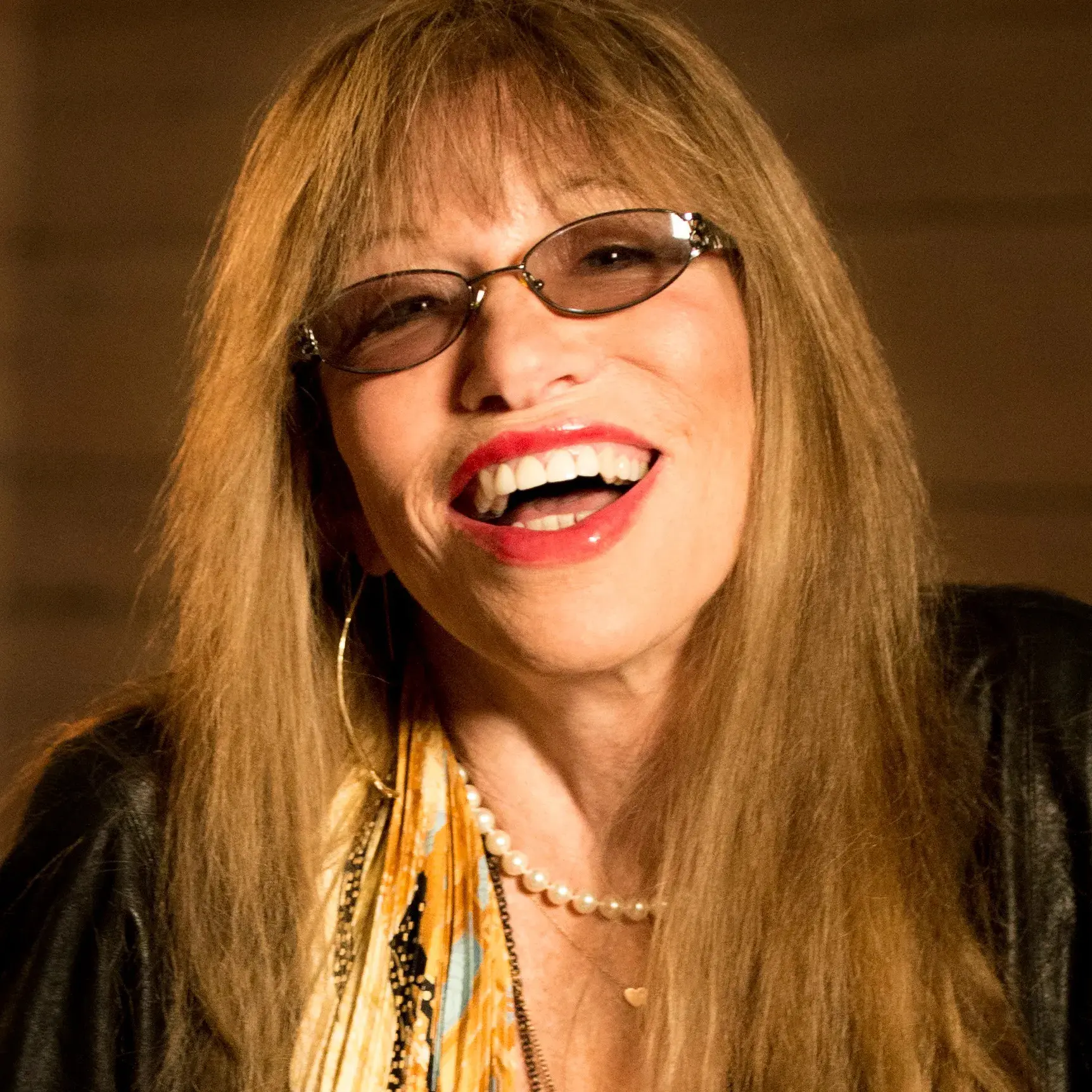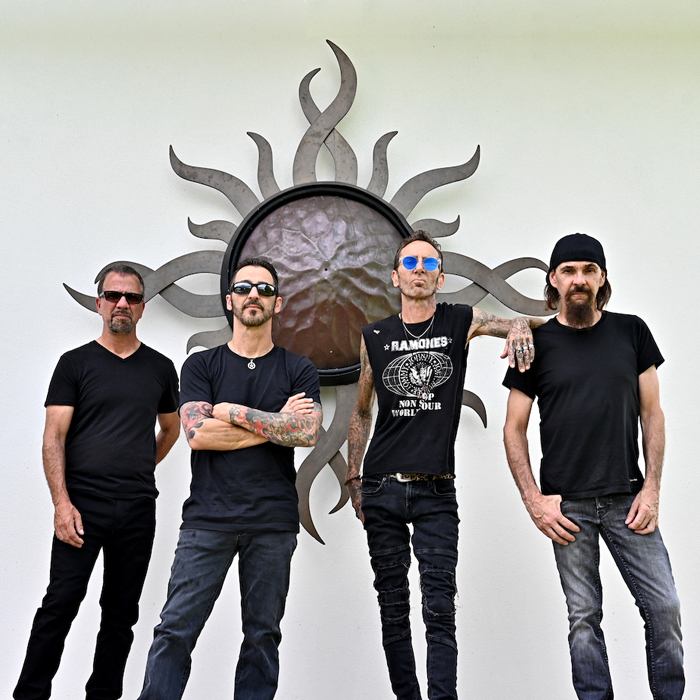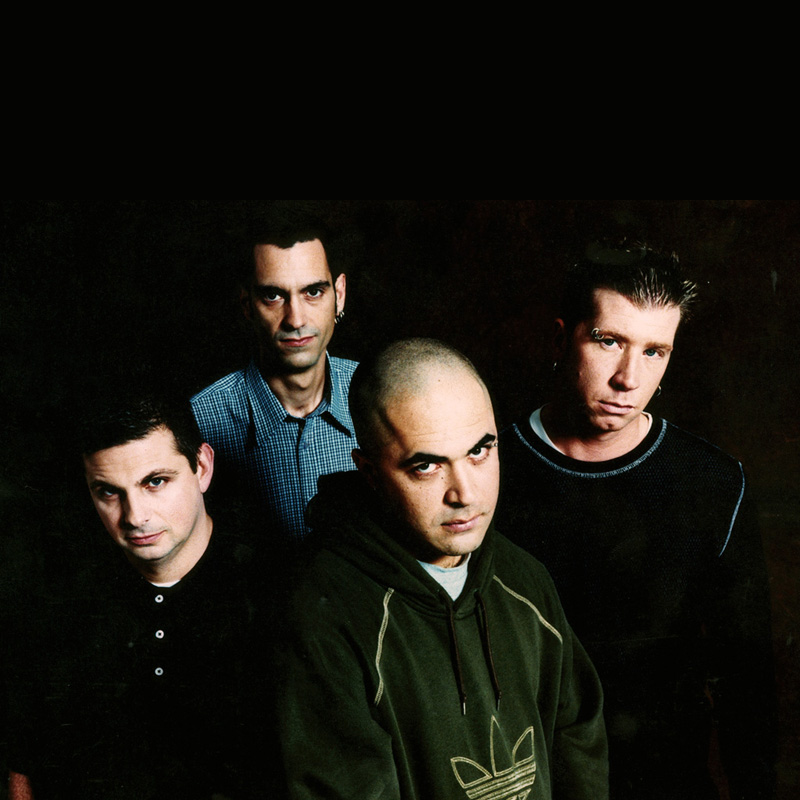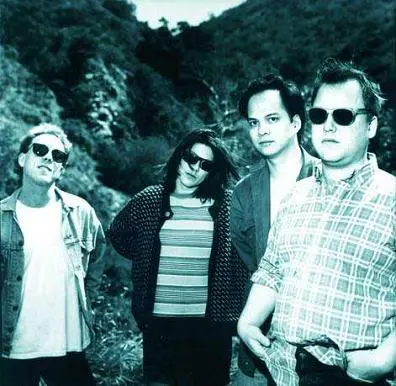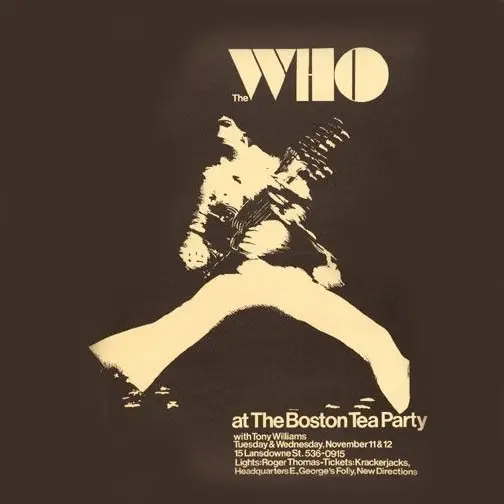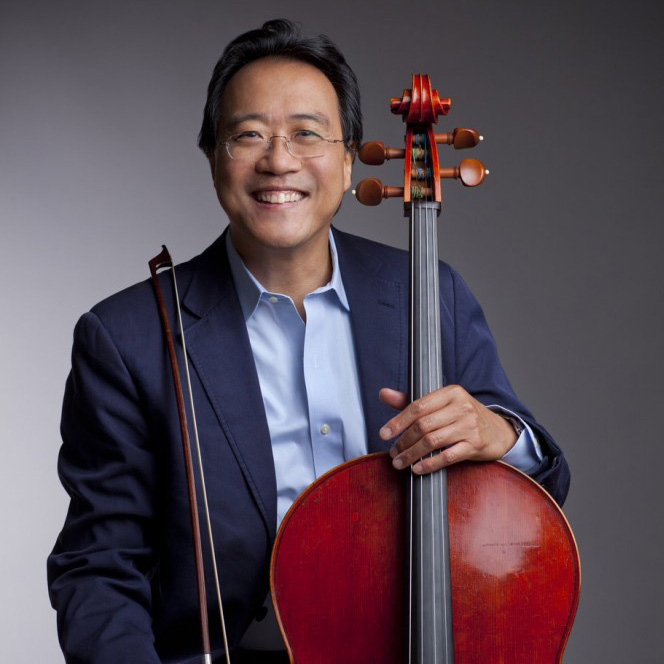Great Woods / Xfinity Center

For New Englanders of a certain age, Xfinity Center will always be known by its original name, Great Woods Center for the Performing Arts (“Great Woods”), just like TD Garden will always be known as Boston Garden (“the Gahden” or “the Gahdens”) and DCU Center will always be known as the Centrum in Worcester (“Wusstah Centrum” or “the Centrum”). The Garden has had three names since the original building closed in 1995, DCU Center was the Centrum for 22 years and the Xfinity has had four names since opening in the summer of 1986, but none have made as lasting an impression as the first.
And that makes sense because their early histories established them as among the region’s premier venues, the Garden and Centrum for concerts, sports and other events and Great Woods for music of practically every variety. In 2009, a decade after Great Woods became Tweeter Center for the Performing Arts and a year after it became Comcast Center, Billboard named it the highest-grossing US amphitheater not only of the year but of the entire decade. Shortly after the announcement, Great Woods founder Don Law said he figured it had been the country’s top-grossing open-air venue since 1987, its second year of operation. “It’s just that they’ve finally bothered to do the numbers,” he told Ruben Perez of The Providence Journal, noting that Great Woods’ relatively close proximity to New England’s three biggest cities – roughly 20 miles from Providence, 25 from Boston and 40 from Worcester – was key to its success. “It’s a regional venue and if you look at the population in that circle, it’s a big number,” he said.
BACKGROUND, OPENING, NOTABLE 1986 APPEARANCES
Veteran concert promoter Law and developers John E. Drew and Sherman Wolf came up with the idea for Great Woods in 1985 and originally planned to build it as an indoor facility in the Boston suburb of Brookline. After considering the area’s entertainment landscape more carefully, however, they decided that a new outdoor venue would be better given that the main options were limited to Tanglewood, Cape Cod Melody Tent and South Shore Music Circus. “People want to get outdoors because we have cabin fever after six, seven months of bad weather,” Law told Perez in 2009, adding that Ravinia Festival in Chicago, Blossom Music Center in Cleveland and Tanglewood were models for what he wanted to create.
They chose Mansfield, Massachusetts, which had a population of about 15,000 at the time, for its abundance of available land and its easy access from other towns and cities via I-495 and I-95, but building Great Woods in a little-known town led to more than a few serious challenges. “For one, nobody knew where Mansfield was,” Law told Perez. “People said, ‘You can build it, but people aren’t going to come,’ which they didn’t – initially. It turned out to be very expensive, very difficult. But the interesting thing is, it did work.” The $13-million, 106-acre complex opened on June 13, 1986 with a capacity of 12,000 and the debut concert was by cellist Yo-Yo Ma and the Pittsburg Symphony Orchestra, which had a residency at Great Woods for the first five years of its existence.
The venue soon became one of the busiest in New England, hosting roughly 80 concerts every May-through-September season in its first several years; since the mid-‘90s, it’s held roughly 40 shows per season. A multigenred array of artists appeared in ’86 ranging from Yitzhak Perlman, Ella Fitzgerald, Miles Davis, Julio Iglesias and Anne Murray to The Beach Boys, Santana, Air Supply, Culture Club and The Cure. Others acts included Bob Dylan (backed by Tom Petty & The Heartbreakers), Sarah Vaughan, Joe Jackson, The Pointer Sisters, Van Morrison, The Smiths, INXS, Peter, Paul and Mary, Tommy Makem & Liam Clancy, Eurythmics, The Psychedelic Furs, Joan Armatrading, Bonnie Raitt, Steve Winwood, Neil Young and Lou Reed.
CAPACITY INCREASE, COMPETITION, ROSTER REFOCUS, NAME CHANGES
In 1994, Law increased the capacity of the amphitheater from 12,000 to 19,900, where it remains today (7,000 reserved seats, 7,000 lawn seats, 5,900 general admission seats). Shuttle buses to Great Woods concerts were available from a number of New England cities by then (including Springfield, 90 miles west of Mansfield) and the venue had begun presenting pop/classical shows billed as “fine arts performances,” including Livingston Taylor with the Great Woods Festival Orchestra, James Taylor with the Pittsburgh Symphony Orchestra and Broadway productions such as “Jesus Christ Superstar.” Also in 1994, Great Woods faced increased competition with the opening of the 5,000-capacity Harbor Lights Pavilion in Boston (now Leader Bank Pavilion), though several household names have appeared at both over the years, among them Frank Sinatra, Diana Ross, James Brown, Aretha Franklin and Ringo Starr.
In 1995, Law narrowed the Great Woods program to rock, pop, soul, jazz and blues acts, removing classical from the roster altogether. “We tried to cover a lot of bases, but in the end, the public decides, and the public wasn’t really that interested,” he told Perez about the refocus, calling the Pittsburgh Symphony Orchestra’s residency as “a very big, multimillion-dollar negative surprise.” As part of the new approach, he had the stage widened and some of the ceiling-hung acoustical panels removed while adding seats in the lawn area in order to accommodate what he called “the critical 25-to-54-year-old rock audience that wanted a seat rather than a place to put a blanket.” Throughout the ‘90s, Great Woods was among New England’s top spots for festivals, hosting local ones like the WBCN River Rave and national ones including Lollapalooza, Ozzfest, the HORDE Festival and Lilith Fair.
In 1998, SFX Entertainment acquired Don Law’s company and sold the naming rights to Great Woods to Tweeter Home Entertainment, which rebranded the venue as Tweeter Center for the Performing Arts in July 1999. In 2007, when the electronics retailer was facing bankruptcy, media/technology company Comcast bought the rights, rebranding it Comcast Center in June 2008, and in January 2014 Comcast changed the name to Xfinity Center (Xfinity being the telecommunications division of Comcast Cable Communications).
PARKING/EXITING ISSUES, NOTABLE 1980S APPEARANCES
One issue that’s plagued the site since its opening is the bottleneck parking situation, which has led to audience members waiting for as long as two hours after shows to exit the facility. Xfinity Center advertises that it provides “ample parking for all ticket holders with no additional charge” and that it makes every effort to “ensure a safe and speedy exit from the facility,” but negative reviews abound on TripAdvisor and other sites (despite several private parking facilities having opened near the venue over the decades and Route 140, the roadway leading into the site, being widened in 1994). The narrow lanes in and out are simply part of the price for “having a popular site in a semi-rural location that isn’t a sea of asphalt,” Law told Perez.
All such frustrations aside, the venue has hosted hundreds of acclaimed acts since its opening, with Jimmy Buffett being the most frequent solo artist (63 appearances) and Aerosmith and Phish being the most frequent bands (24 and 22 appearances respectively). Several New England-rooted acts besides Aerosmith and Phish took the stage in the ‘80s including ‘Til Tuesday, The Del Fuegos, Michael Bolton, Chick Corea, O Positive, New Edition, Arlo Guthrie and Donna Summer. Among others were Diana Ross, Ray Charles, The Kinks, Paul Simon, Willie Nelson, Neil Diamond, Peter Gabriel, Liza Minelli, Stevie Ray Vaughan, The Monkees, Tina Turner, Barry Manilow, Echo & The Bunnymen, Crosby, Stills & Nash, Roy Orbison, Earth, Wind & Fire, John Mellencamp, Rod Stewart, Linda Ronstadt, Eric Clapton, Ziggy Marley, Huey Lewis & The News, Guns N’ Roses, Ringo Starr & His All Star Band, Sting and Cher.
NOTABLE 1990S, 2000S APPEARANCES/RECORDINGS
A number of acts recorded at Great Woods in the ‘90s including The Allman Brothers (for their 1992 DVD Live at Great Woods), The Eagles (for their 1994 album Hell Freezes Over), Rush (for their 1998 disc Different Stages) and Jimmy Buffett (for his 1999 album Buffett Live: Tuesdays, Thursdays and Saturdays). Others appearing included Frank Sinatra, Aretha Franklin, James Brown, Etta James, Elton John, The Chieftains, The Doobie Brothers, Jeff Beck, Mary Chapin Carpenter, Steve Miller Band, Van Halen, The Cranberries, Lynyrd Skynyrd, Bad Company, REO Speedwagon, B.B. King, Magic Dick & J. Geils Bluestime, Dave Matthews Band, Hall & Oates, Pete Townshend, Pat Benatar, Fleetwood Mac, Lenny Kravitz, Chris Isaak, Red Hot Chili Peppers, REM, Radiohead and Carly Simon.
Several bands have recorded at the venue in the 21st century, among them The Who (for their 2002 DVD The Who: Live in Boston), Jimmy Buffett (for his 2003 album Live in Mansfield, MA and 2008’s Encores), Korn (for their 2008 DVD Family Values) and Depeche Mode (for their 2009 album Recording the Universe). The 2017 re-release of The Smiths’ The Queen Is Dead includes 13 tracks from their August 1986 appearance at Great Woods. Others appearing in the 2000s have been Sonic Youth, Britney Spears, Ozzy Osbourne, KISS, Sinéad O’Connor, Godsmack, Poison, Squeeze, Pixies, Black Sabbath, Green Day, Alice in Chains, Counting Crows, Killswitch Engage, Los Lobos, Staind, Joan Jett, Alice Cooper, Stevie Nicks and Pearl Jam (who’ve appeared at the venue 11 times).
Asked for his thoughts on why Great Woods was so successful out of the gate in the ‘80s and how it’s managed to weather the digital revolution of the 21st century, Law said that the economic realities of the modern music business have made performing live more important than ever for artists of all genres. “They aren’t getting the big royalty checks from the recording company and the publishing company anymore, so they’ve gotta go to work,” he told Perez. “You’ve gotta work live. You’ve gotta be road warriors. It’s back to the way it was in the beginning, which is probably pretty healthy for our business.”
(by D.S. Monahan)

